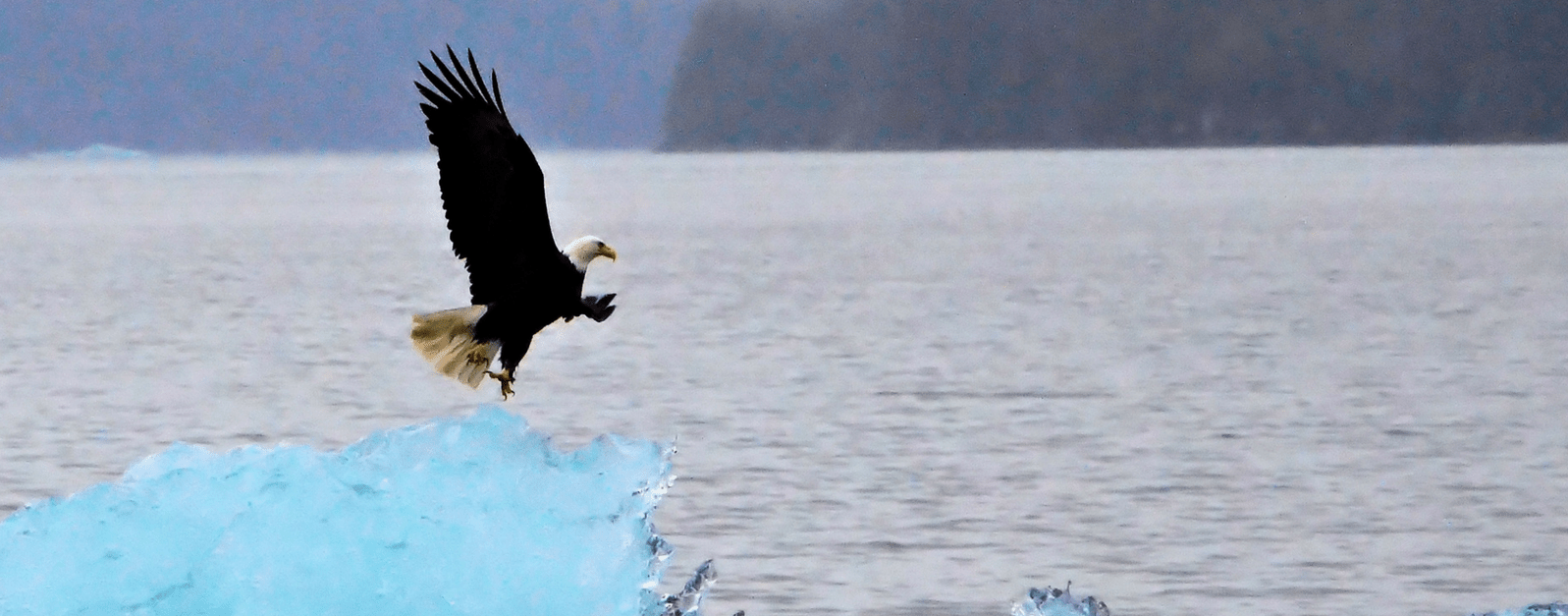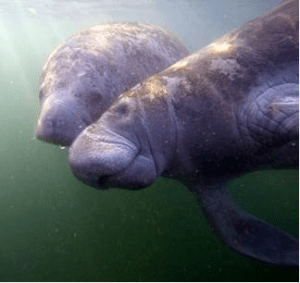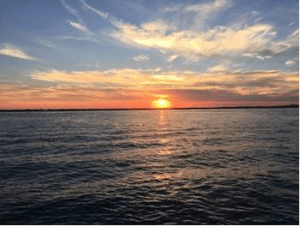We have much more to do and your continued support is needed now more than ever.
A Slipping World Leader
The United States' Failure on Climate Change

The Paris Agreement, methane rules, and now the Clean Power Plan— rollbacks on major climate policies are a reoccurring theme since the presidential election. These rollbacks on climate policies represent a profound failure in leadership and the United States’ forfeiture as the trailblazer in clean energy and wildlife conservation, a reality that has become particularly noticeable after President Trump’s withdrawal from the 2015 Paris Agreement. The main goal of the Agreement is to cap warming to less than 2 degrees Celsius above pre-industrial levels — an objective that an overwhelming majority of climate scientists determined necessary in order to prevent catastrophic climate impacts. To help meet this goal, the U.S. had committed to cut domestic greenhouse gas (GHG) emissions 26-28 percent below 2005 levels by 2025 and to collaborate with other nations to decrease carbon pollution. President Trump’s newest target, the Clean Power Plan, was meant to be the cornerstone of the U.S. commitment under the Paris Agreement.
Leaders in climate change action are emerging, and the U.S. is quickly losing its place as one of them.

Climate change is arguably the most pressing issue of our time, as the consequences threaten environmental stability, wildlife, and the health of communities across the country. As the earth’s atmosphere collects an exponential amount of GHGs, a rise in global temperature is just one of many concerns. Arid regions like Arizona and California will experience prolonged periods of drought and wildfire, hurricanes and flooding will intensify in tropical regions like Florida, and as the sea level rises and the oceans warm, ocean acidification will damage aquatic life off the U.S. coastline. These extreme weather events will harm wildlife populations that provide crucial ecosystem services, recreational enjoyment, and economic opportunity. Salmon, sea turtles, moose and birds like the cerulean warbler are all threatened by habitat loss and changing weather patterns exacerbated by climate change. The United States’ recent rollbacks in climate policies are short-sighted and dangerous for these and many other species as well as the cherished natural heritage Americans rely upon.

Beyond the threats to wildlife, sidelining efforts to adopt renewable energy and to decrease carbon pollution disadvantages the United States economically. The U.S. outdoor recreation economy produces $887 billion in consumer spending annually—almost 3x more than the gasoline and fuels sector—and provides 7.6 million American jobs. Popular activities like cold stream fishing, skiing, and scuba diving are just a few examples of industries embedded within U.S. outdoor recreation. Increasingly damaged ecosystems as a result of deficient climate action could severely disrupt these outdoor activities and impede this economy’s productivity. Furthermore, clean energy jobs in solar, wind, smart grid technology, battery storage, and energy efficiency are thriving. Jobs in the wind and solar energy sector are growing at a rate 12 times as fast as the rest of the U.S. economy and nationally, clean energy jobs outnumber all gas and coal jobs by 5 to 1.
Other nations are taking advantage of this great economic opportunity. Countries such as France, Sweden, the U.K., Cyprus, and Morocco are spearheading environmental policies to curb climate change and in January, China announced plans to spend more than $360 billion USD in renewable energy by the end of the decade. Home to the world’s largest energy market, China’s commitment takes command of the market for clean technologies. Meanwhile, retracting crucial climate change mitigation policies slows the ability of the U.S. to pursue technological innovation and growth in clean energy jobs. It is clear that leaders in climate change action are emerging, and the U.S. is quickly losing its place as one of them.

Despite the weak federal leadership on climate change, there remains a groundswell of support for comprehensive climate solutions. Individuals, companies, cities, and states around the nation are taking a stand to carry out strong climate change action plans despite federal resistance. Movements like “IAmStillIn” and “WeAreStillIn” bolster the fact that a majority of Americans in every state support participation in the Paris Agreement. To date, 237 cities and counties, 9 states, 1,656 companies and investors, 321 higher education institutions, and 24 foundations have issued statements of support to continue combating climate change. A bipartisan group of governors is also stepping forward via the U.S. Climate Alliance pledging to reduce state greenhouse gas emissions in line with the U.S.’ Paris commitments.
Despite these encouraging steps, state and city action is not enough to avert the worst consequences of climate change for wildlife. Congress needs to adopt a comprehensive, efficient approach like economy-wide carbon pricing and invest in renewable energy that will avoid climate pollution.
What can YOU do? Continue to contact your federal representatives in the House and Senate and push for a comprehensive legislative solution to climate change – needed now more than ever without continuation of the Clean Power Plan and other federal climate protections.
Contact your governors and mayors to urge them to make their own commitments to curb climate-altering pollution [or thank them for the ones they have already made]. With Congress and states assuming a leadership role on climate, wildlife will have a fighting chance to survive and even thrive in a rapidly changing world.





















